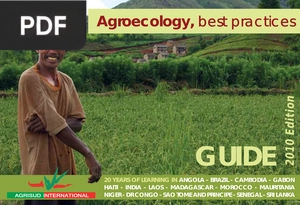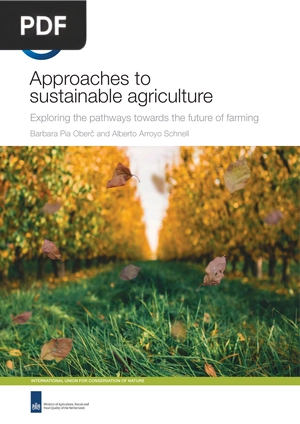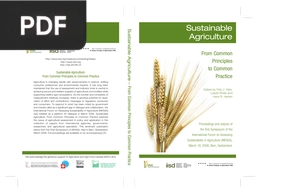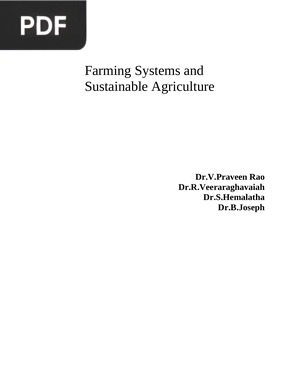Building Resilience for Adaptation to Climate Change in the Agriculture Sector
Author: Alexandre Meybeck, Jussi Lankoski, Suzanne Redfern, Nadine Azzu and Vincent Gitz
*Please wait a few seconds for the document to load; the time may vary depending on your internet connection. If you prefer, you can download the file by clicking the link below.
Loading PDF...
Document Details
Title: Building Resilience for Adaptation to Climate Change in the Agriculture Sector
Author: Alexandre Meybeck, Jussi Lankoski, Suzanne Redfern, Nadine Azzu and Vincent Gitz
Pages: 354
Size: 3.11 MB
Format: PDF




